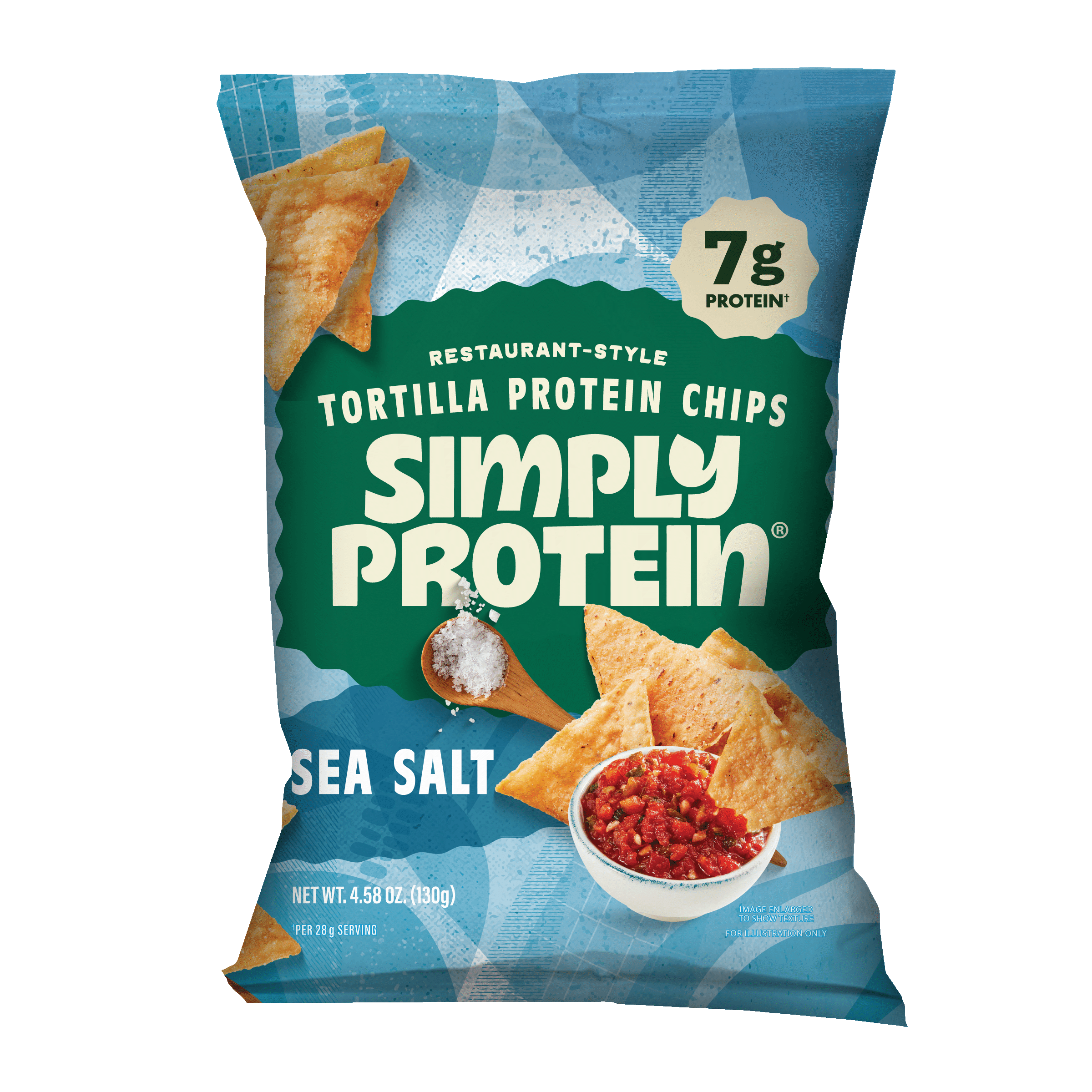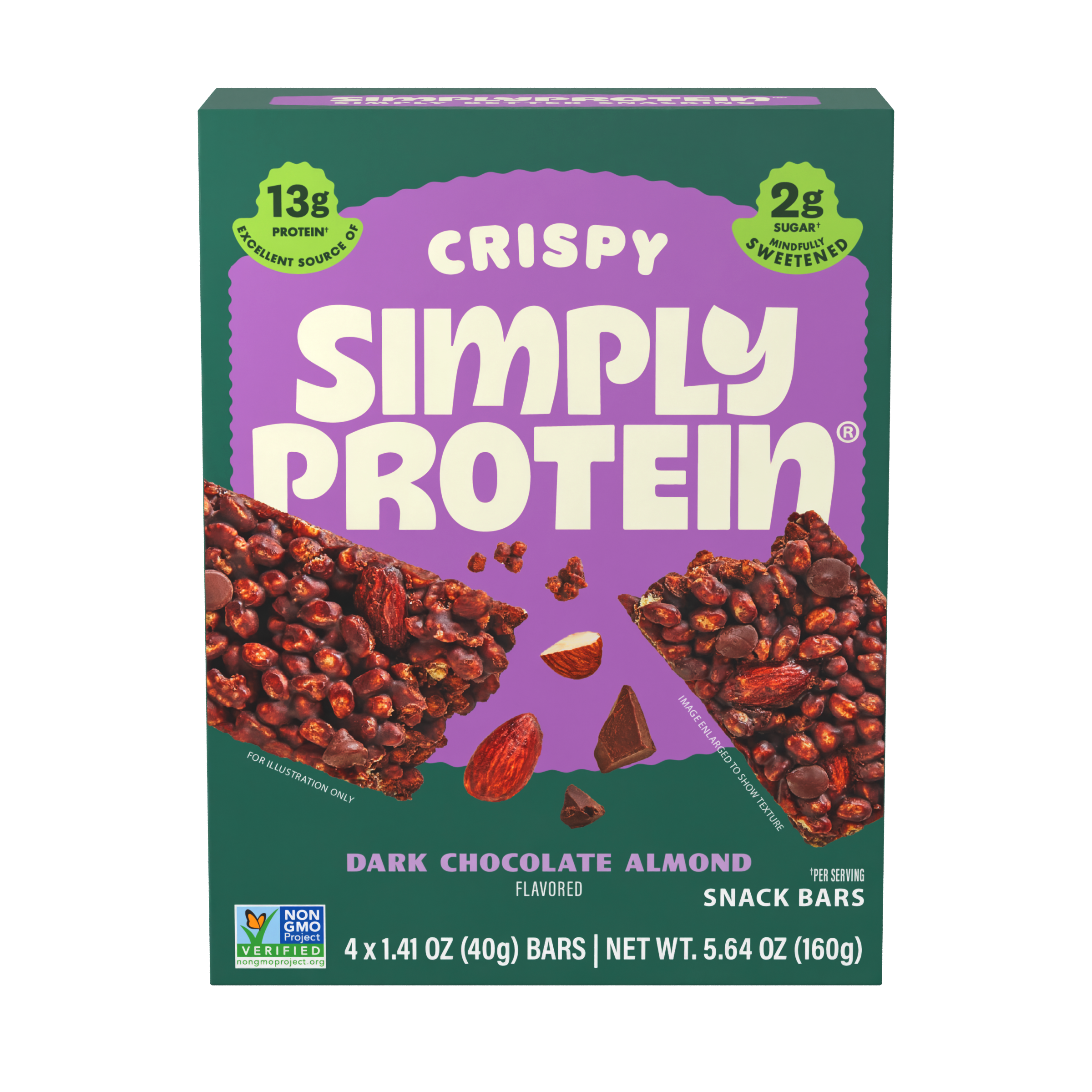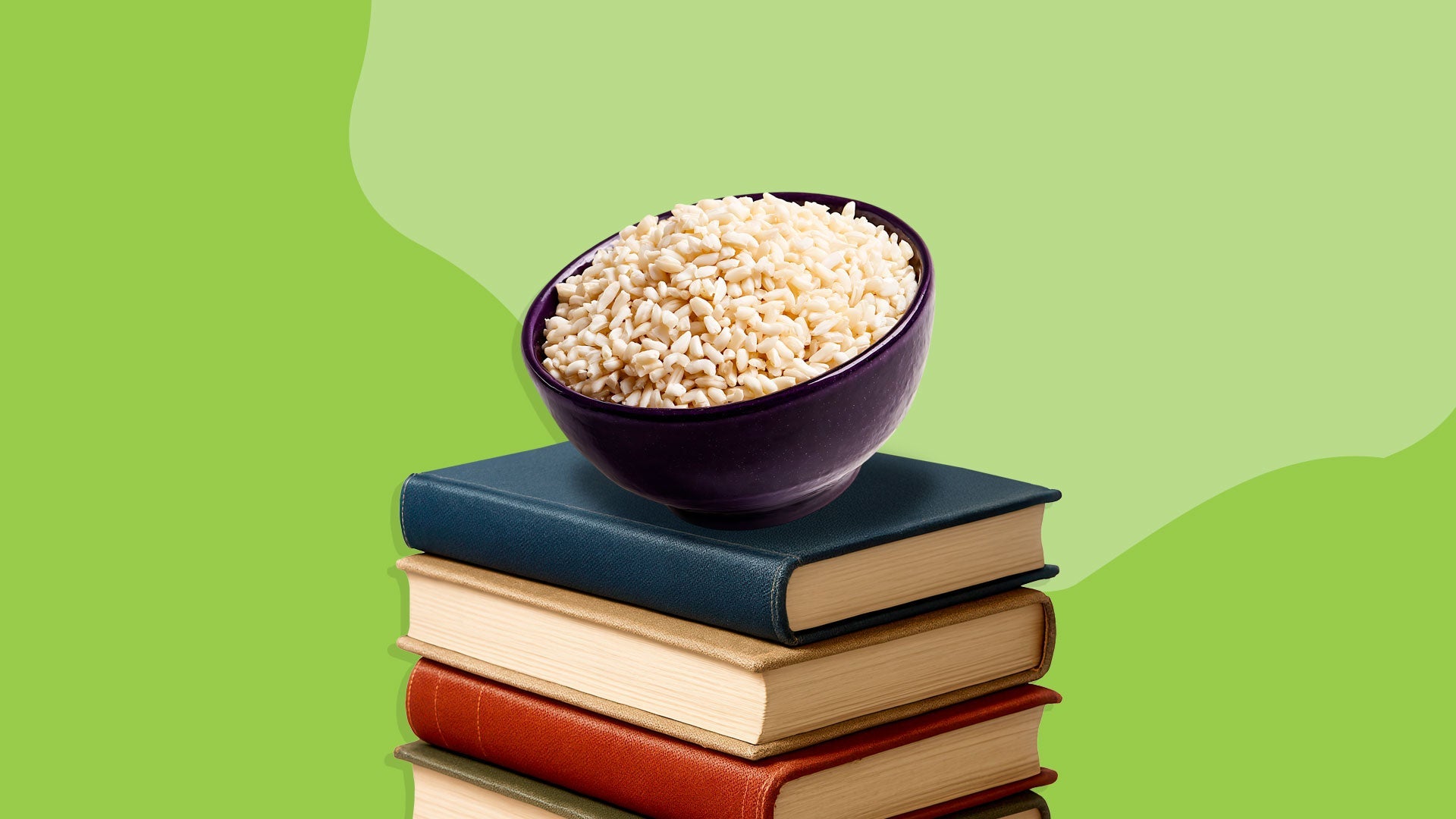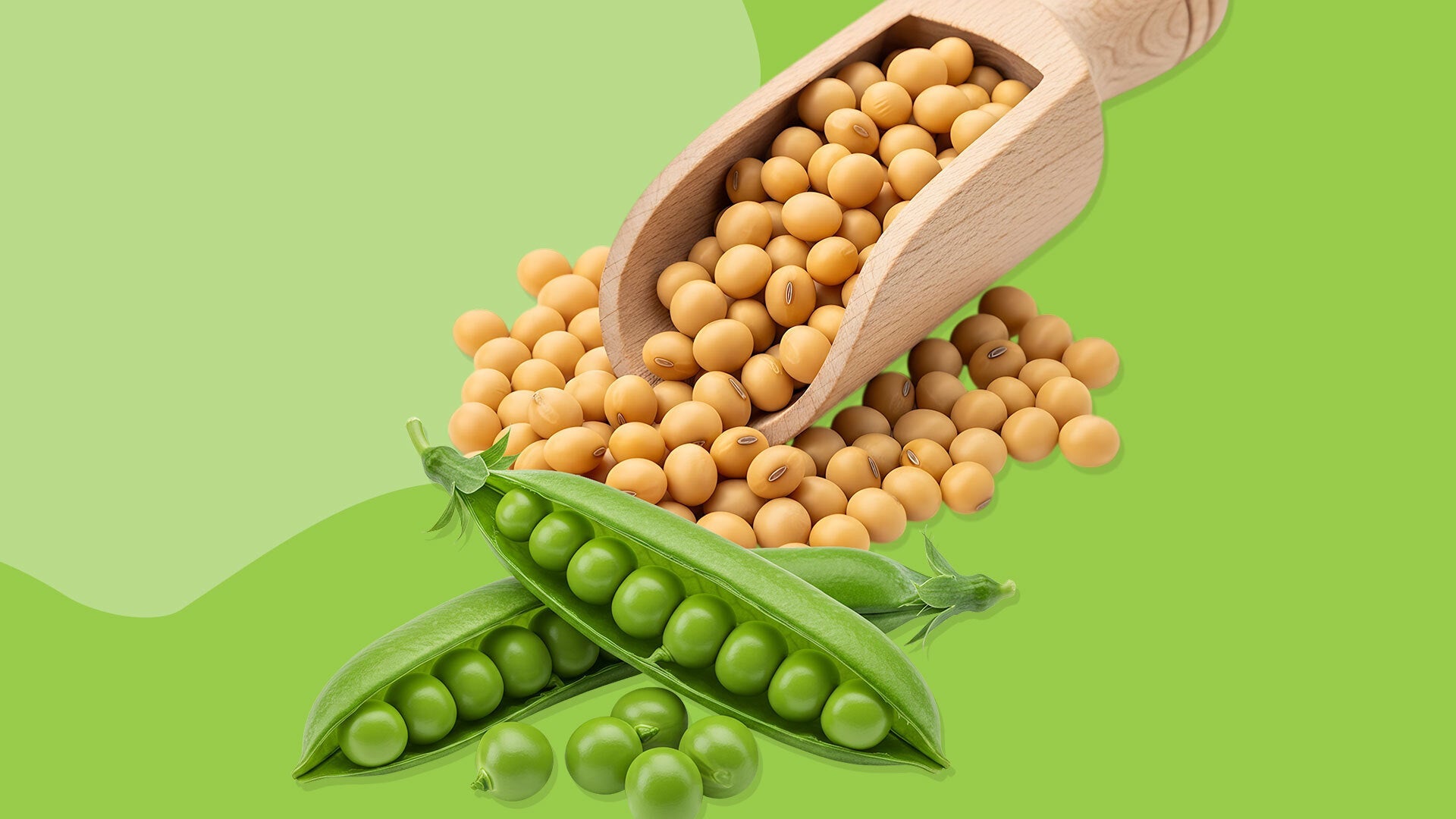
6 long-term benefits of a protein-rich diet
Think protein is just for bodybuilders chugging shakes? Think again! Protein is an essential macronutrient that fuels your body in so many ways. It’s critical for day-to-day functions, like enzyme production, immune system support, and tissue repair, but a protein-rich diet can also have incredible benefits on your long-term health too!
If you’ve been thinking about increasing your protein intake but need a little extra motivation, here are six science-backed, long-term benefits of a protein-rich diet. Spoiler alert: it’s not just about muscles–but we’ll start there!
1. Muscle growth and maintenance
Protein helps build muscle. That’s usually the one benefit most people know about. But even if you’re not looking to become the next Arnold Schwarzenegger, protein plays a crucial role in maintaining lean muscle mass, especially as you age.
Muscle loss, also known as sarcopenia, starts creeping in around your thirties (gulp) and accelerates with age. Research suggests that a diet rich in high-quality protein can help slow down this process. Amino acids, the building blocks of protein, are essential for muscle protein synthesis, which helps repair and grow muscle tissue.
For optimal muscle maintenance, aim for 1.2 to 2.0 grams of protein per kilogram of body weight—especially if you’re physically active. And no, that doesn’t mean just eating steak at every meal. Plant-based proteins, found in SimplyProtein bars, bites, and tortilla chips, can also get the job done!
2. Heart health
When you think of heart health, protein probably isn’t the first thing that comes to mind. But research suggests that swapping some of your carbs and certain fats for high-quality protein can improve heart health markers in three different ways:
-
Cholesterol management: Protein can help lower LDL (“bad” cholesterol) while raising HDL (“good” cholesterol), particularly when it comes from sources like fish, nuts, and legumes. This helps reduce plaque buildup in arteries and lowers the risk of heart disease.
-
Blood vessel function: Certain proteins, like those found in fish and dairy, stimulate nitric oxide production, which relaxes blood vessels and improves circulation. This can reduce strain on the heart and lower blood pressure.
-
Reduced inflammation: High-protein diets, particularly those rich in plant-based and lean animal proteins, have been linked to lower levels of inflammation, which is a major contributor to heart disease.
3. Lower blood pressure
High blood pressure (hypertension) is a silent killer, increasing the risk of heart disease and stroke. The good news? A protein-rich diet might help keep those numbers in check.
A study in the Journal of Human Hypertension found that individuals consuming higher amounts of protein had significantly lower systolic and diastolic blood pressure. One possible reason is that protein stimulates the production of nitric oxide, a molecule that helps relax blood vessels, improving circulation and reducing pressure on artery walls.
But keep in mind that quality matters! Plant-based proteins, like those found in SimplyProtein snacks, and lean meats, fish, and dairy, are better choices than heavily processed meats.
4. Improved bone health
There’s a common myth that eating too much protein weakens bones, but science tells a different story. In reality, a protein-rich diet supports bone health and reduces the risk of osteoporosis, especially as you age.
Your bones are constantly being broken down and rebuilt, and protein is a key component of this process. A study published in Osteoporosis International found that higher protein intake was associated with greater bone mineral density and a lower risk of fractures.
Protein helps the body absorb calcium more efficiently, which is essential for maintaining strong bones. Additionally, collagen, a structural protein found in bones, relies on adequate protein intake to maintain its integrity and flexibility. Without enough protein, bones can become more brittle and prone to fractures.
Dairy products like Greek yogurt and cottage cheese provide both protein and calcium, a bone-strengthening duo. But if you’re dairy-free, no worries—leafy greens, almonds, and fortified plant-based milks can help keep your bones strong too. All of SimplyProtein’s products are vegan and dairy-free, making them a great choice for vegetarians and those who are lactose intolerant. Pairing protein with other bone-friendly nutrients like vitamin D, magnesium, and phosphorus can further enhance bone strength and longevity.
5. Better weight management
Extreme yo-yo dieting isn’t just a poor tool for weight management, it’s also potentially dangerous for your health, too.
Instead, aim for an active lifestyle, combined with a well-balanced diet rich in protein. This helps with weight management in three key ways:
-
Increased satiety: Protein keeps you fuller for longer, reducing mindless snacking.
-
Higher thermic effect: Digesting protein burns more calories compared to fats and carbs.
-
Preservation of lean muscle: This keeps your metabolism humming along, even during weight loss.
One study in the American Journal of Clinical Nutrition found that people who consumed a higher-protein diet lost more fat while preserving muscle mass compared to those on a lower-protein diet. So whether you’re trying to shed a few pounds or maintain your healthy weight, protein should be a staple in your meals.
6. Enhanced metabolic function
Your metabolism isn’t just about how quickly you burn calories—it’s also about how efficiently your body processes and uses nutrients. Protein plays a key role in metabolism by stimulating muscle growth (which increases calorie burn) and supporting enzymatic functions that help your body break down food and generate energy.
In fact, studies suggest that a high-protein diet can boost metabolism by 15-30%, compared to just 5-10% for carbs and 0-3% for fats. So if you want to give your metabolism a little extra firepower, adding more protein to your diet is a smart move.
Additionally, protein helps maintain blood sugar stability by slowing down the digestion of carbohydrates. This prevents rapid spikes and crashes in blood sugar levels, reducing cravings and sustaining energy levels throughout the day.
Protein also supports the production of key hormones like insulin and glucagon, which regulate metabolism and energy balance. By ensuring that these hormones function optimally, protein contributes to a more efficient and steady metabolic rate.
Your future looks healthy!
A protein-rich diet is about more than just bulking up at the gym. From protecting your heart and bones to keeping your metabolism revved up, protein provides a long list of long-term health benefits.
The key is balance—focus on high-quality protein sources like plant-based proteins and lean meats and fish, to get the most out of your diet. And don’t forget to pair your protein intake with plenty of fruits, veggies, and healthy fats to keep your body in top shape!
So go ahead and embrace protein! Whether it’s one year from now, or 20, your body will thank you for it!







